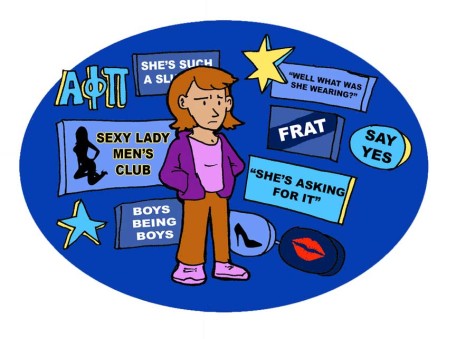New Year, new you!
New Year’s resolutions can help improve people’s lives
The New Year is a time to start fresh.
Enter the New Year’s resolution. Making a New Year’s resolution involves a person promising to do an act of self-improvement or an act of kindness, such as opening doors for people, beginning from New Year’s Day. According to the Pew Research Center, about 45 percent of Americans make them.
“I think it’s kind of fun making New Year’s Resolutions. It’s like a promise you try to stick to throughout the year. Then at the end, you reflect on how well you kept to that promise,” says Lydia Kenyon, junior.
According to a study done by John Norcross of the Journal of Clinical Psychology, people who make New Year’s resolutions are up to 10 times more likely to change their behavior than those who don’t.
“I think that a resolution is an effective way to improve yourself if you follow through both physically and mentally,” says Theresa Patterson, Physical Education/Wellness Services Dept. chair.
However, short-term urges often trump long-term plans. According to a study done by the University of Scranton, 54 percent of people give up on their resolutions within six months, and only 8 percent succeed by the end of the year. Making a resolution can be exciting, but keeping it isn’t easy. Many people aren’t ready to make the commitment needed to succeed.
“I think that people don’t follow through on their New Year’s resolutions because they make one in the heat of the moment and don’t realize the work needed to accomplish their goal,” says Joey Erwin, senior. “They get lazy and stop trying.”
“I don’t think most goals are followed through on. I think people need to make more realistic goals like ‘get an A on my next math test’ and not ‘get an A in math for the semester’,” says Allison Grimsted, sophomore.
Just hoping you will improve is not a plan, so if you make a goal with no real strategy behind it, then the goal will not be achieved. Successful resolutions require both self-control and dedication.
“It’s not a failure if you can’t reach your goal right away, but you have to follow through everyday if you want to improve,” says Patterson.
For resolutions, the amount and quality of daily practice you choose to do will be proportionate to the level of improvement you will see. So if you don’t work everyday to improve, you won’t get long-term traction.
So in 2015, keep things focused. Pick a resolution and make it both specific and realistic. Practice it every day. And every day, you’ll be one step closer to making your resolution a reality. Good luck, and here’s to a happy 2015!
Your donation will support the student journalists of the Evanstonian. We are planning a big trip to the Journalism Educators Association conference in Nashville in November 2025, and any support will go towards making that trip a reality. Contributions will appear as a charge from SNOSite. Donations are NOT tax-deductible.






